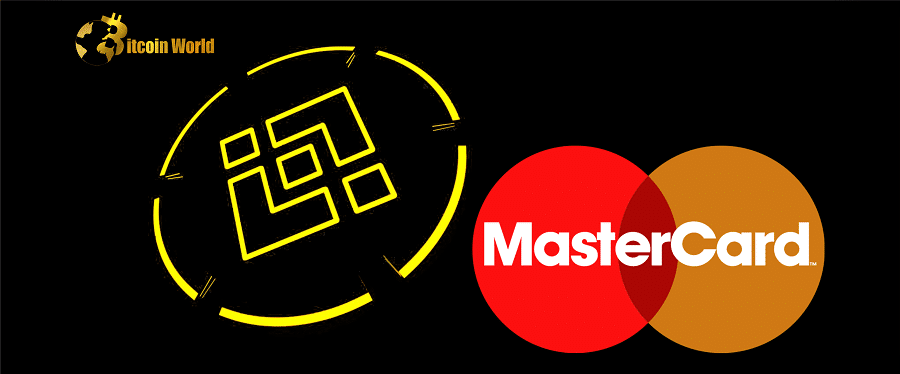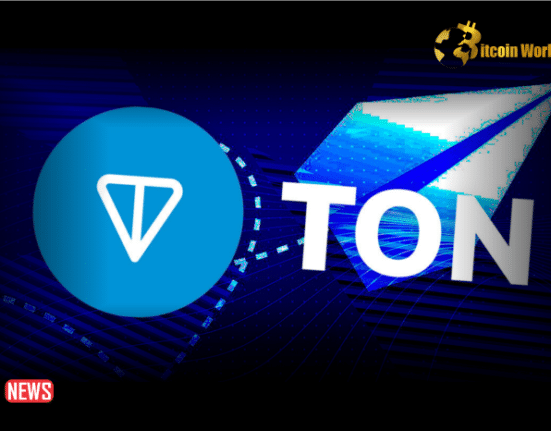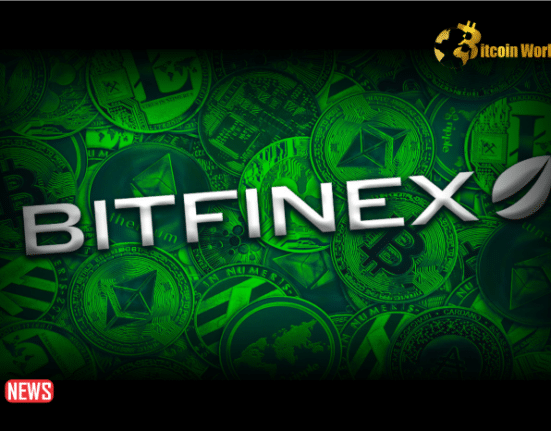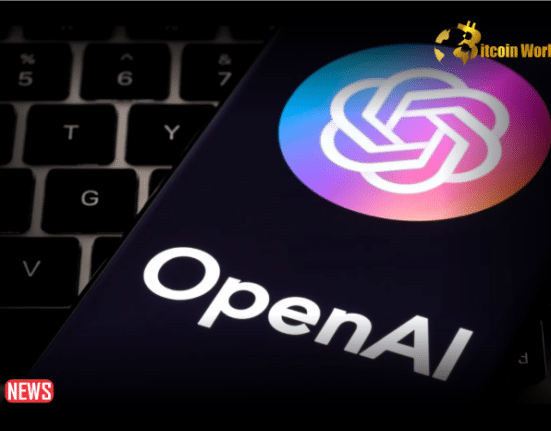Brazil has a greater rate of cryptocurrency acceptance and usage than the rest of the world.
MasterCard has teamed up with Binance, the largest cryptocurrency exchange in the world, to give people in Latin America another prepaid cryptocurrency card.
Binance announced the introduction of the Binance Card in Brazil on January 30. Dock, a payment company registered with the Brazilian Central Bank, issued the new card.
It would let people in the country who use Binance and have valid national IDs buy things and pay bills in cryptocurrency. The card is now in beta testing and will become “widely available in the coming weeks,” according to Binance.
After Argentina, which got the product in August 2022, Brazil is the second country to get it. According to the release, Brazil is one of Binance’s top 10 worldwide markets.
In a press release that Cointelegraph got a copy of, Guilherme Nazar, the General Manager of Binance Brazil, said that the card is a “major step toward encouraging more people to use and accept crypto around the world.” He also said:
“Payments is one of the first and most obvious use cases for crypto, yet adoption has a lot of room to grow.”
At the time the card goes on sale, it will be possible to convert 14 cryptocurrencies into fiat currency in real-time. Some purchases can get you up to 8% cash back in cryptocurrency, and some ATM withdrawals won’t cost you anything.
Mastercard’s 2022 New Payments Index shows that Brazil uses and accepts crypto more than the average country in the world. From the survey of more than 35,000 people around the world, 49% of Brazilians have done at least one transaction involving cryptocurrency in the last year. This is higher than the global average of 41%.
Outgoing President Jair Bolsonaro passed legislation in December to authorize the use of cryptocurrencies as a payment method within the country.
The new legislation does not recognize Bitcoin as legal cash, as it does in El Salvador, but it does include several digital assets in the list of acceptable payment methods. A licensing scheme for suppliers of virtual asset services was also developed.















